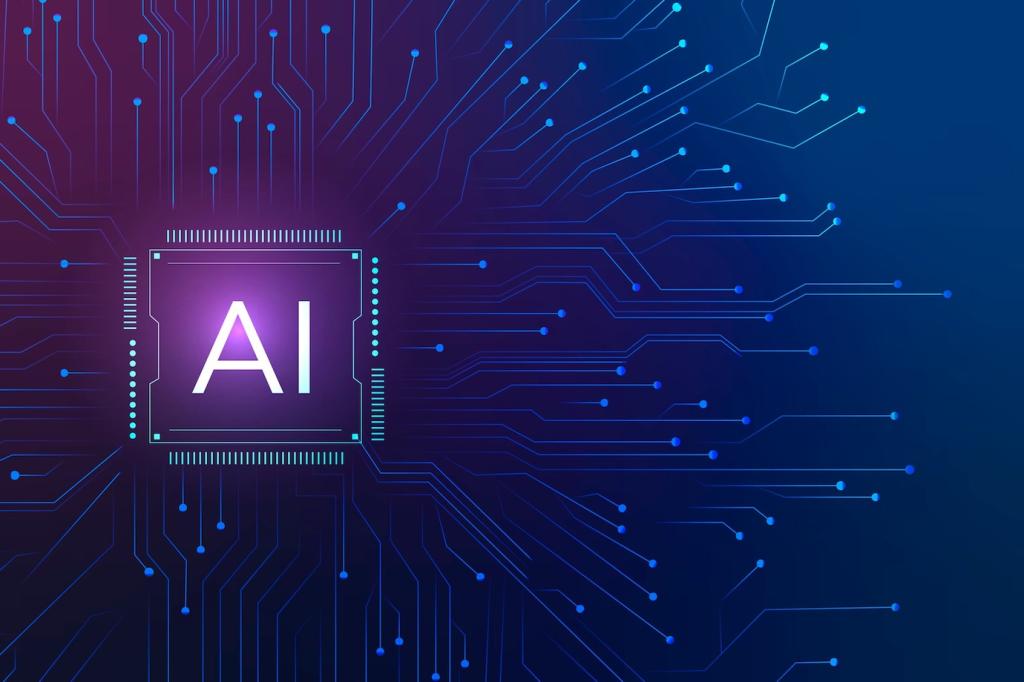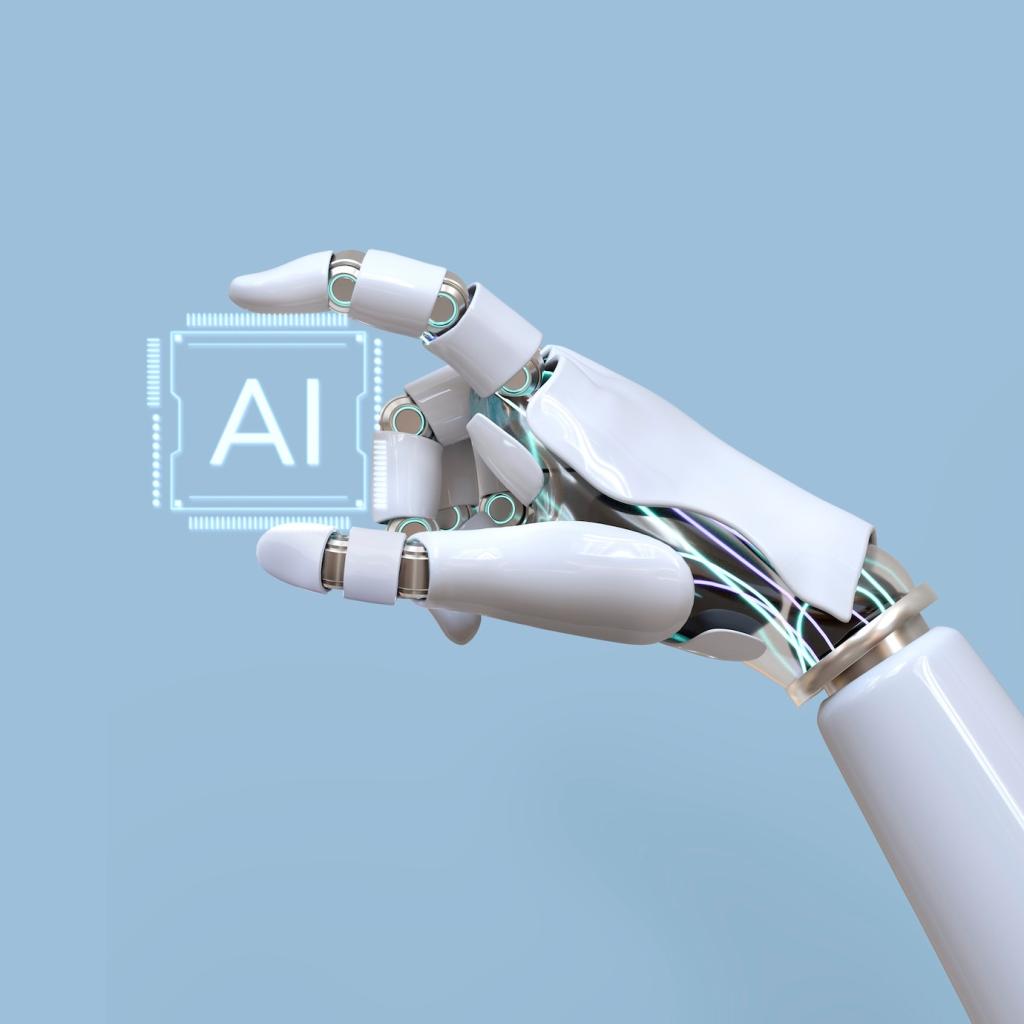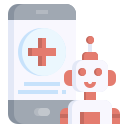Future Prospects of AI in Personalized Therapeutics
The emergence of artificial intelligence (AI) is revolutionizing healthcare, particularly in the domain of personalized therapeutics. The integration of advanced AI technologies with individualized patient data is enabling the design of tailored treatments, improved disease outcome predictions, and accelerated drug discovery. As the field continues to evolve, AI promises to unlock unprecedented levels of customization and efficacy in medical care, driving precision health solutions that cater uniquely to each patient’s genetic, clinical, and lifestyle profile. This overview explores the current and future landscape of AI-powered personalized therapies, highlighting the innovations, challenges, and potential that define this transformative era in medicine.

Enhancing Diagnostic Precision and Early Intervention
Integrating Multimodal Patient Data
Early Detection of Disease Onset
Real-Time Adaptation of Therapeutic Pathways
Tailoring Treatments Based on Genomic and Lifestyle Data
Interpreting Complex Genomic Data


